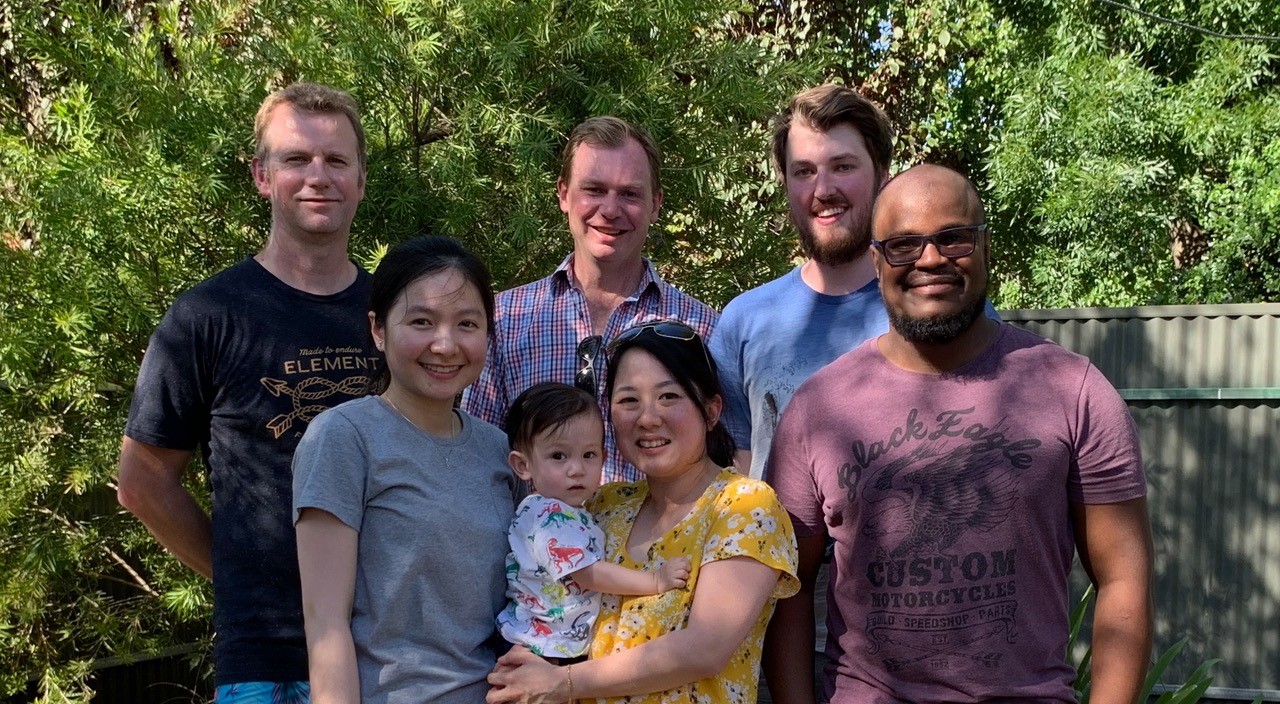Baxter Group

"We analyse and manipulate insect genomes using molecular genetics to better understand the biology of economically important pests." Simon Baxter
Research
1. Pore forming toxins
The bacterium Bacillus thuringiensis can produce insecticidal pore forming toxins (Cry toxins) capable of killing a range of insect pests. We’re working on the mode of action of these toxins and how some insect populations develop resistance.
2. Gene Drives
The spotted winged Drosophila, Drosophila suzukii, is a serious pest of many fruits. Since 2008 they have rapidly spread into new countries and regions, although not Australia. We’re working with Dr. Charlie Robin on the biology of D. suzukii and investigating whether Gene Drives would play an effective role in controlling pest outbreaks in new countries.
3. Insect Pests
The diamondback moth (DBM) is an agricultural pest of Brassica vegetables and canola. We’re working on genetic aspects of this pest to understand how it can rapidly evolve resistance to insecticides, and how it moves across the landscape.
The Queensland fruit fly (Q-fly) has become a major horticultural pest in Australia. Females lay eggs into ripening fruits and pest outbreaks severely impact transport and export of fresh produce. One strategy for control is the Sterile Insect Technique, whereby male flies are sterilized and released to mate with wild females. The wild females don’t produce viable eggs and the population declines. We’re working with partners to develop improved strains for SIT release in Australia.
Techniques
Drosophila genetics, CRISPR/Cas9 gene editing, genome sequencing, population genetics, molecular biology
Group members
Group Leader
Dr Simon Baxter
Postdoctoral Fellows
Dr. Amanda Choo (University of Adelaide)
Graduate Research Students
Thu (Zoey) Nguyen (PhD candidate)
Biko Muita (PhD candidate, University of Adelaide)
Christopher Ward (PhD candidate, University of Adelaide)
Biography
Simon Baxter is a Senior Lecturer in Genetics at The University of Melbourne. His research group aims to develop strategies for effective control of economically import insect pests using a combination of population genetics, genomics, bioinformatics, and genetic manipulation. Simon has a Bachelor of Science form Monash University, a PhD in Genetics from the University of Melbourne (2006) and completed postdoctoral fellowships at the University of Edinburgh and University of Cambridge before joining The University of Adelaide in 2012 as a Ramsay Fellow, then ARC Future Fellow.

